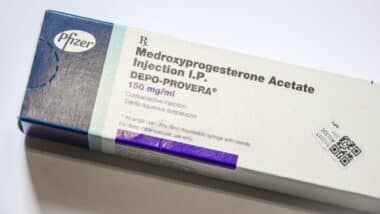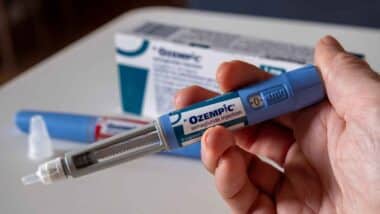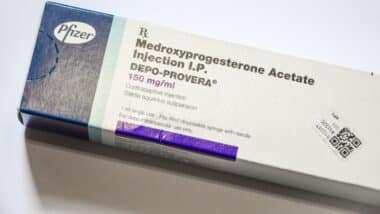Actos Increases Risk of Bladder Cancer, Other Health Risks
By Robert J. Boumis
 The drug pioglitazone, sold under the trade name Actos, is prescribed to control glucose levels in patients suffering from type 2, or adult onset diabetes. The drug also goes by the trade names Zactos, Glustin, Glizone, and Pioz in various other countries. Unfortunately, Actos has been linked with a number of serious side effects.
The drug pioglitazone, sold under the trade name Actos, is prescribed to control glucose levels in patients suffering from type 2, or adult onset diabetes. The drug also goes by the trade names Zactos, Glustin, Glizone, and Pioz in various other countries. Unfortunately, Actos has been linked with a number of serious side effects.
Actos works by modulating insulin-sensitive genes, reducing insulin resistances in people suffering from type 2 diabetes. This means that the liver and related tissues respond better to the presence of insulin, helping the body to moderate blood glucose levels. Some studies have also suggested that Actos, combined with a Selective Serotonin Reuptake Inhibitor or SSRI-type antidepressant, may actually enhance the performance of the antidepressants. This could lead to “off-label” use. However, serious side effects from Actos have come to light.
One of the first serious side effects of Actos to come to light was an increased incidence of upper arm fractures in female patients who took Actos as a long-term treatment. For some reason, researchers found no similar increase in fractures for male patients. In March of 2007, Actos manufacturer Takeda issued a statement warning doctors and patients of the risk of fractures.
In several different countries, various forms of pioglitazone have been pulled from the market. In June of 2011, the French Agency for the Safety of Health Products pulled the drug from the French market after a study from the French National Health Insurance found that Actos had a statistically-significant link with bladder cancer. In that same month, the United States Food and Drug Administration announced that using Actos for more than a year was associated with an increased risk of bladder cancer.
The FDA announced that this information would be added to the warnings and precautions documentation for pioglitazone-containing medications. The most recent safety communication from the FDA indicated that research regarding Actos and bladder cancer is ongoing. In Germany, their version of pioglitazone has not been banned, but regulatory agencies are recommending that physicians do not start new patients on the drug.
Per the FDA, the early symptoms of bladder cancer can include:
- Red urine
- Frequent urination
- Painful urination
- Pain in the lower back and abdomen
The FDA goes on to recommend that you contact a physician if you experience any of these symptoms, and report incidence of disease to the FDA.
In addition to Actos fractures and cancer, drugs chemically similar to Actos have been liked with an increased risk of heart disease.
Lawsuits against Takeda Pharmaceuticals allege that the company knew, or should have known about the serious health risks, like bladder cancer, associated with Actos.
If you someone you know developed bladder cancer or other serious health problems after taking Actos (or any pioglitazone-based medication), you may feel daunted and unsure of what to do next. However, you do have options. You can start by visiting the Actos Bladder Cancer Class Action Lawsuit Investigation. Here, you can submit your information for review by a lawyer who specializes in this type of lawsuit. This consultation is free of charge. From here, you may receive guidance on the next steps to take.
Updated April 23rd, 2013
All medical device, dangerous drug and medical class action and lawsuit news updates are listed in the Drug and Medical Device section of Top Class Actions.
Top Class Actions Legal Statement














